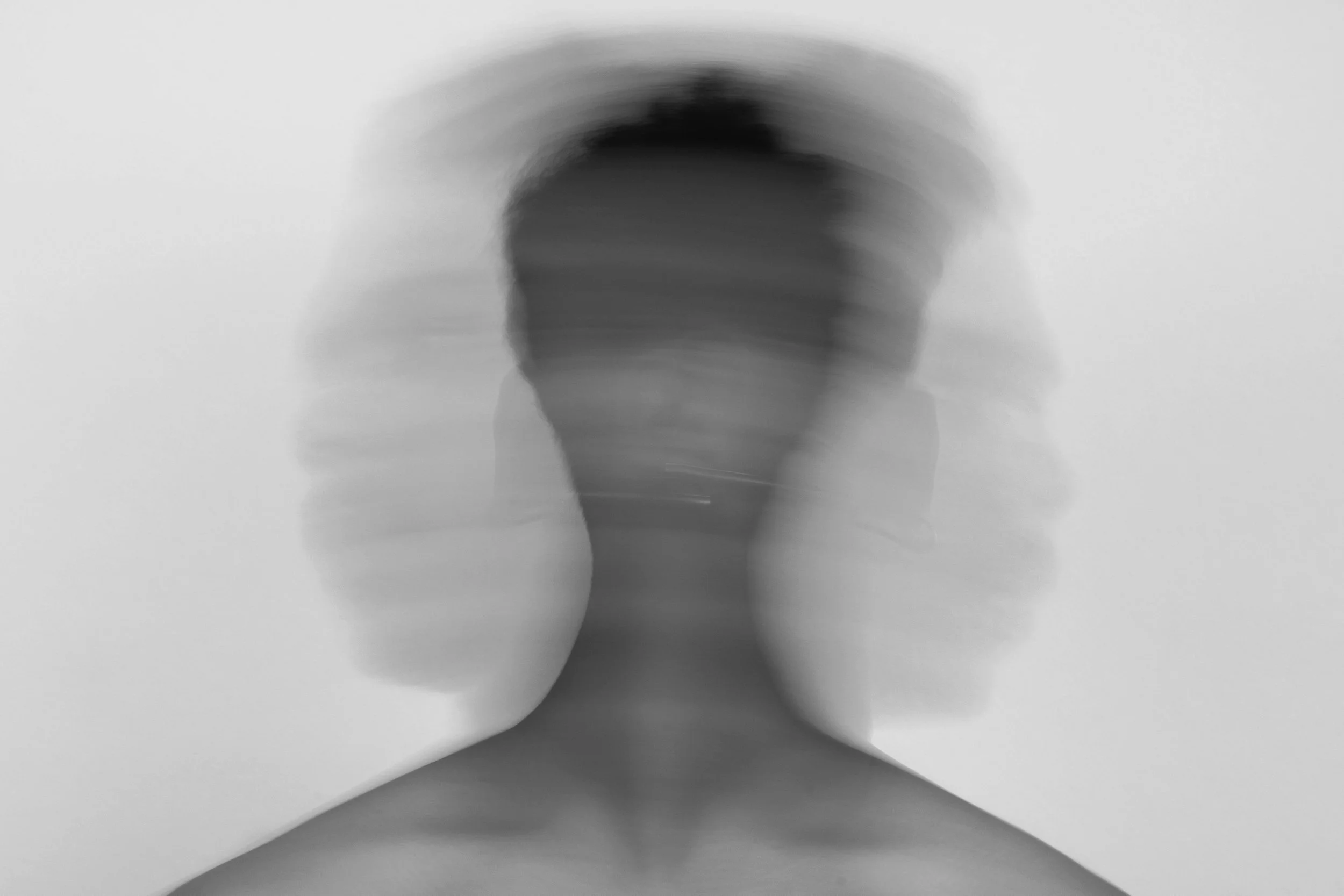Sobriety
Why healing feels like losing the only thing that ever protected you
Sobriety is often misunderstood.
People imagine it as a clean break - a simple choice, a moral decision, a sudden return to clarity.
But for many people, especially the capable, high-functioning, emotionally self-contained ones, sobriety is not about alcohol or substances at all.
It is about what happens when the anaesthetic is removed.
Because when the noise quiets, you finally hear yourself.
And for some, that sound is unbearable.
Sobriety is not the absence of a habit - it’s the presence of yourself.
What most people call “addiction” is not actually the problem.
It’s the solution someone found when they were too young, too overwhelmed, or too alone to find a better one.
Numbing becomes a language.
A refuge.
A way of saying:
I can’t carry this alone.
I don’t know where to put this pain.
I need something to hold me until I feel safe again.
Sobriety removes that refuge.
And without it, all the unfinished feelings rise like ghosts from a long forgotten past.
The first stage of sobriety is grief
Not just for the substance.
But for the person you had to become in order to survive.
The hyper-independent one.
The charming one.
The self-sufficient one.
The one who “never needs anything.”
Sobriety threatens that identity - because it demands you admit you did, in fact, need something all along.
Not the drink.
Not the gym.
Not the work.
Not the sex.
Not the chaos.
You needed comfort.
You needed warmth.
You needed someone to stay.
And you didn’t get it.
So you built an inner life that required nothing, but cost you everything.
Sobriety is the return to the feelings you outran
This is why many people relapse not when life collapses, but when life becomes stable.
Stability forces a reckoning.
Routine creates silence.
And silence exposes the truth.
The very thing sobriety offers - clarity - is the thing the avoidant nervous system fears most.
Because clarity shows you the gap between who you are and who you pretend to be.
Between the life you live and the life you long for.
Between your desire for intimacy and your fear of being known.
Sobriety is not about resisting temptation - it’s about learning to tolerate your own unfiltered self.
And that is far harder.
You cannot heal the wound you keep numbing
Not because numbness is weak.
But because numbness works.
It keeps you functioning.
It keeps you composed.
It keeps the world from seeing how much you carry.
It keeps your private storms from spilling into the room.
But it also keeps you alone.
Sobriety asks you to sit in the fire without reaching for the extinguisher.
To stay with the discomfort rather than abandon yourself.
To feel what the addiction protected you from.
It is the work of staying awake.
True sobriety is not white-knuckling your way through life
It is not perfection.
It is not moral superiority.
It is not sterile discipline.
True sobriety is learning that you don’t need the scaffold anymore because you have become the structure.
It’s when self-abandonment starts to feel more painful than self-confrontation.
When intimacy feels less threatening than loneliness.
When your future feels more compelling than your past.
Sobriety is not the end of something.
It’s the beginning of the life you were always meant to have - the one you could never reach while running from yourself.
And the quiet truth?
Most people don’t fear sobriety.
They fear who they might become if they finally stopped hiding.
They fear the softness that might return.
The longing that might speak.
The grief that might break.
The love that might move them.
Sobriety is not about taking something away. It’s about giving you back to yourself.
And that - more than any substance - is the thing the avoidant heart finds hardest to hold.

